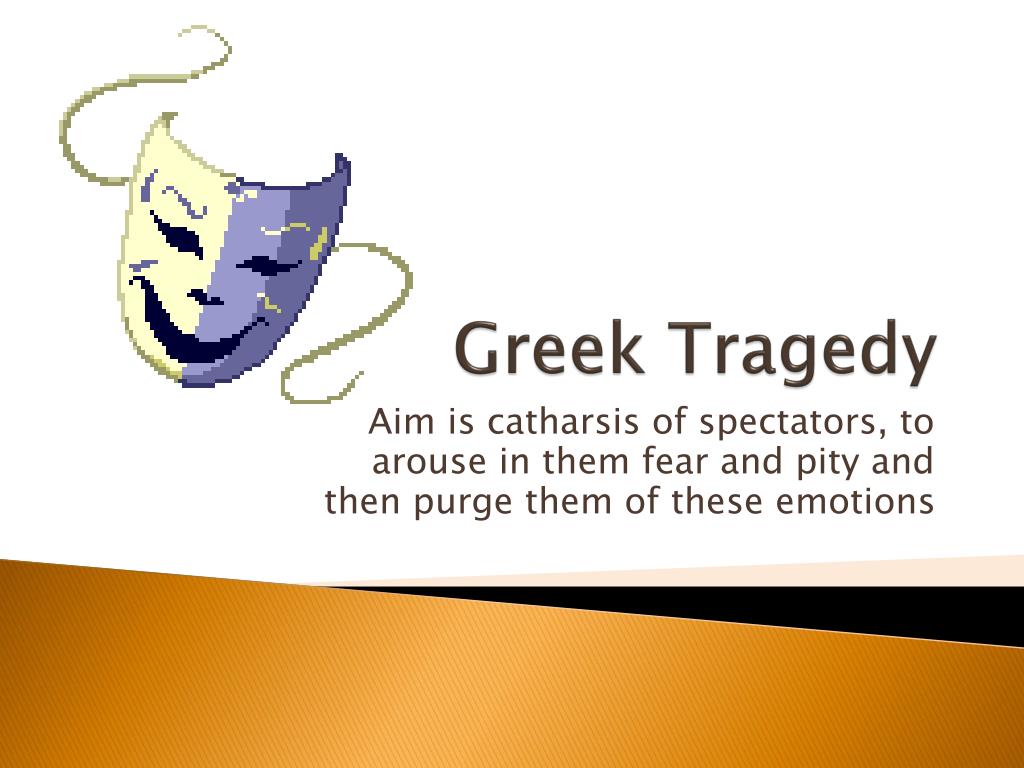

This verse includes τόδε pointing forward to the beginning of the antistrophe (536–9) which contains the bulk of the positive part of the prayer see Griffith, op. There three consecutive negative optatives of wish ( μηδάμ' 526, μηδ' 529, μηδ' 533), evoked by the appalling fate of Prometheus, are followed by one positive optative of wish in the last v. The μηδέ ποτ' which begins the third pair (637) obviously refers back to the μήποτ' which opens the second (632) and thus binds the antistrophe to the strophe. Each of the second members of the three pairs includes an adversative δέ (630b, 635, 640b). However, the thrice repeated pattern outlined above cannot be accidental. on 635 Google Scholar, ‘madden my soul with longing for strange love’.Ħ This division is not the conventional one usually 635–6 is connected to the sequel, separating the antistrophe from the strophe. S., The Medea of Euripides ( Cambridge, 1897), n. P., The Plays of Euripides ( London, 1891) Google Scholar, ‘smiting my soul with mad desire for unlawful love’ Headlam, C. This interpretation was already in circulation earlier, e.g.

C., Euripide, Théâtre Complet 4 ( Gernier-Flammarion, Paris, 1966) Google Scholar, ‘en frappant mon coeur d'amour pour un lit étranger’. on 637 sq., ‘making my heart aflame for a stranger's love’ Google Scholar Warner, R., Three Great Plays of Euripides ( London, 1944), ‘urge my passion to a different love’ Google Scholar Vellacott, P., Euripides, Medea and Other Plays ( Penguin Books, Baltimore, Maryland, 1963) Google Scholar, ‘craze my heart to leave old love for new’ Duclos, M.

des Universités de France ( Paris, 1925) Google Scholar, ‘enflammant mon coeur pour un lit étranger’ Page, D. They stress their own personal involvement by replacing ‘women’ with ‘I’ and ‘we’ in five of the seven references to the second sex (415 and 422 ‘my’, 423 and 430 ‘our’, 428 ‘I’).ġ E.g. In the first pair of strophes of the following stasimon (410–30) they accept Medea's division of human beings into ‘the female stock’ (419) and ‘the race of males’ (429) and sing of male perfidy and discrimination against women. In her opening speech in the first episode (214ff.) Medea, who was betrayed by the husband for whom she left family and country (252ff.), persuades the already sympathetic chorus (136–8, 178f., 182) to side with her as underprivileged women in a world dominated by egocentric men (230ff.).

An examination of the attitude of the chorus toward Medea up to this point may guide us towards a fuller understanding of the phrase. None the less, the latter interpretation seems to be recommended by both the contents and the context of the line it is also consistent with Euripidean idiom. 639, ‘driving from the senses over a second bed’ ( θυμ⋯ν ⋯κπλήξασ' ⋯τέροις ⋯π⋯ λέκτροις), found within the petition of the chorus that ‘dread Cypris never…inflict angry arguments and insatiate quarrels’ (637–40a), as referring to a second bed that might allure these women themselves rather than one that might allure their husbands.


 0 kommentar(er)
0 kommentar(er)
